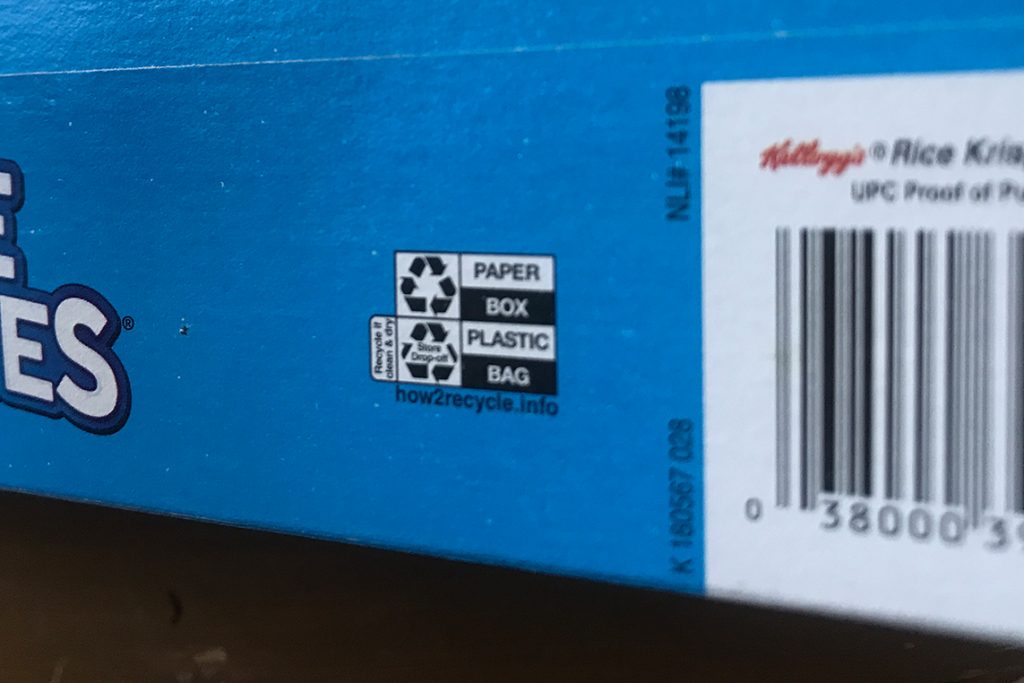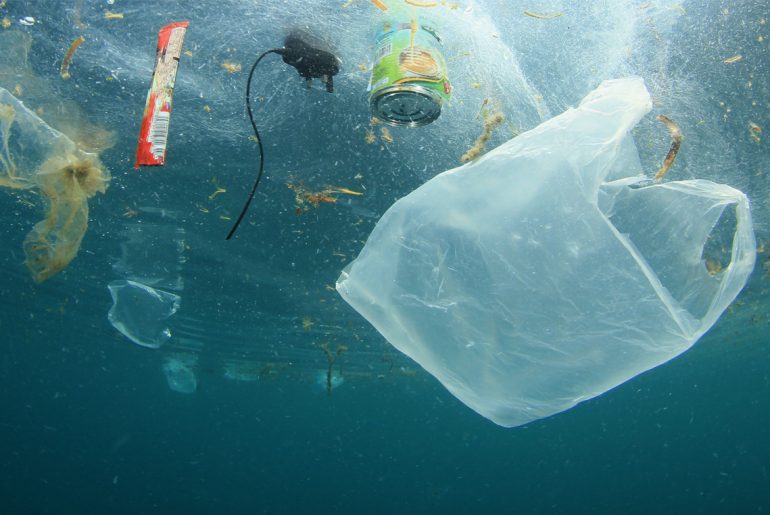If you recycle, you probably already know that most communities don’t accept plastic bags in their weekly curbside pick-up bins. This creates a problems for just about every household. After all, even the most diligent of us wind up with a few plastic bags when an impromptu grocery shopping trip breaks out. Throwing bags in the garbage may seem like a solution, but plastic bags aren’t biodegradable, meaning they can take hundreds of years to decompose. The best thing you can do is recycle them.
So if curbside recycling won’t accept them, how do you recycle plastic bags?
It’s as easy and taking them to a nearby store. National retailers like Walmart, Whole Foods, Target, JCPenney, Kohl’s, Home Depot, Lowe’s, and many regional retailers like Giant Eagle, all offer onsite plastic bag collection bins and boxes. No need to separate where your bags came from, as these retailers will accept plastic bag drop-offs regardless of their origin. To find a location near you, visit PlasticFilmRecycling.com and enter your zip code. (Note: Some retailers may have more specific rules for plastic bag recycling, so be sure to check first.)

taking it beyond plastic grocery bags
While you’re at it, consider recycling other flexible plastics, too. While plastic bags might be obvious, don’t overlook things like produce or newspaper bags, bread bags or cereal, plastic wraps, zipper sandwich bags or plastic wraps around paper towels and cases of bottles water. These items, along with things such as plastic mail packages and air pillows (the kind used as shipping protection), can also be recycled. Just look for the How2Recycle logo on the drop-off bin. Many locations, including Target, Walmart, and Wegmans accept How2Recycle items (see logo above).
Still not sure if your item qualifies? Get more clarification from SustainablePackaging.org.
Remember that all items need to be clean and dry before drop-off. That means no crumbs, food residue, or liquid inside them. Remove any stickers or receipts.
And just a reminder that not every item qualifies.
Here are a few packaging items that can never be recycled this way:
- Candy bar wrappers
- Chips bags
- Six-pack rings
- Pre-washed salad mix bags
- Anything already degradable/compostable or film packaging
Why are flexible plastics recycled separately?
Very few communities in the U.S. recycle flexible plastics, including plastic grocery bags, wraps, and films in curbside recycling. It’s not because they want to make your life difficult. It’s just that these bags and wraps get tangled up in the equipment at at recycling facility not specifically designed to handle this type of material. The heavy duty rotating gears and conveyers make easy work of firm plastic bottles, but feather-light plastics just get tangled. This means facilities have to stop the machinery several times a day for workers to cut away the plastic bags. This costs the facility tens of thousands of dollars each year in lost processing time, and fewer recyclables are able to be processed overall.
What happens to your plastic bags after you drop them off?
Many manufacturers can put them back into business recycling them into synthetic lumber for decks and exterior stairs, park benches, or they might even wind up again as new plastic bags — which is great, because they’ll be ready for you next time you forget your reusable grocery bags and need a plastic one in a pinch.
Also see, 15 ways to use less plastic in your life.




